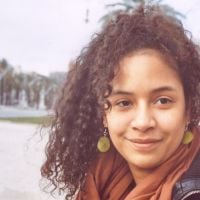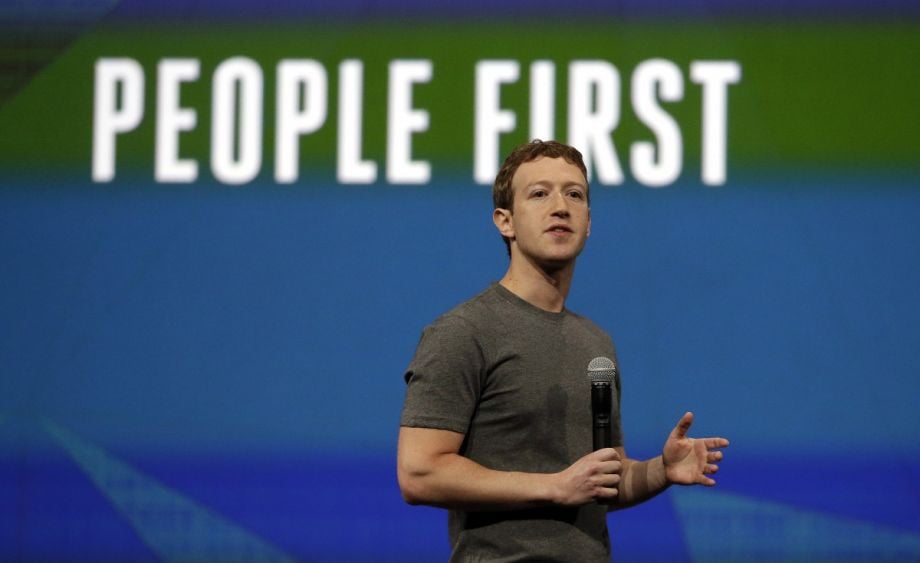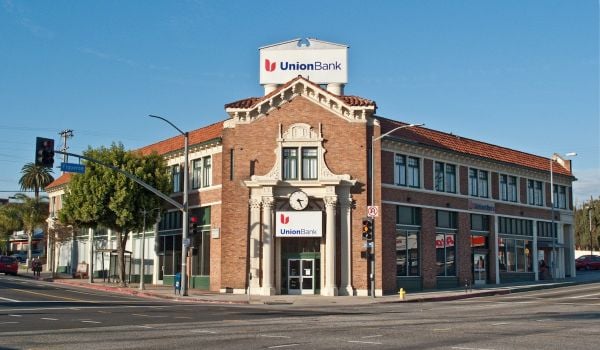Last week, Next City CEO Tom Dallessio wrote about the radical decision for the Ford Foundation to shift its grantmaking to focus on issues that address inequality. This may prompt some nonprofits to pivot their programming, and in the long term, the Ford change could be a monumental test of how much power foundations have to effect change across the world.
Meanwhile, here are three noteworthy ways that foundations, philanthropists and nonprofits are working on equity in U.S. cities right now.
Ferguson Foundation Builds Capacity for Local Groups
As racially motivated violence continues to rattle communities around America, groups in Ferguson, Missouri, are continuing to rebuild and strengthen in the aftermath of Michael Brown’s shooting.
In the midst of the protests last year, the St. Louis-based Deaconess Foundation allocated $100,000 for community capacity-building to fund new staff positions for local groups, including the Organization for Black Struggle (which I wrote about here) and the Youth Council for Positive Development. Rippling from that, larger foundations have stepped in with contributions in a region where, prior to last year, no community organizing group had a budget of more than $300,000.
A new location of the Boys & Girls Club of Greater St. Louis opened at the Ferguson Middle School last week. The Deaconess Foundation and a few other donors gave a total of around $500,000 to get that going and provide operating costs for the first year. Two hundred students, ages 6 to 15, have signed up for the location’s inaugural summer camp.
CEOs Discuss the Intersection of Innovation and Inclusion
In Pittsburgh last week, nonprofit CEOs for Cities convened mayors, heads of foundations, academics and community leaders for a workshop called “The Innovative and Inclusive City.”
“Baltimore — that can happen in every single city,” said Bill Generett, CEO of Urban Innovation21 to the crowd, according to the Pittsburgh Post-Gazette.
The execs talked barriers to economic mobility and poverty, with some, according to the Post-Gazette, admitting “to not being able to figure out how to stimulate both economic growth and economic inclusion.” Some, including Generett, offered strategies.
I wrote about Generett’s work with the Pittsburgh Central Keystone Innovation Zone in May. It is a public-private partnership that provides tax credits and other support to tech startups and other entrepreneurs.
At the CEOs for Cities workshop, he discussed Urban Innovation21’s paid internship program, which has provided job placement for 400 students in companies in the innovation economy. Over 50 percent of participants are women and over 40 percent are underrepresented minorities.
Facebook Founder Targets College-Bound Immigrants in the Bay Area
On Wednesday it was announced that Mark Zuckerberg and his wife Priscilla Chan are donating $5 million to provide scholarships to young people who came to the United States illegally, but are now aiming to attend college. (Here’s a good look at a new Brookings report on how the Obama administration’s Deferred Action of Childhood Arrivals policy is playing out at the local level in eight U.S. metros, including the Bay Area.)
“Without documentation, it’s often a struggle to get a college education, and they don’t have access to any kind of federal aid,” said Zuckerberg in a Facebook post. The donation will give over 400 people in the San Francisco area access to a college education through the organization TheDream.us.
“America was founded as a nation of immigrants,” continued Zuckerberg. “We ought to welcome smart and hardworking young people from every nation, and to help everyone in our society achieve their full potential.”
The Equity Factor is made possible with the support of the Surdna Foundation.

Alexis Stephens was Next City’s 2014-2015 equitable cities fellow. She’s written about housing, pop culture, global music subcultures, and more for publications like Shelterforce, Rolling Stone, SPIN, and MTV Iggy. She has a B.A. in urban studies from Barnard College and an M.S. in historic preservation from the University of Pennsylvania.

















